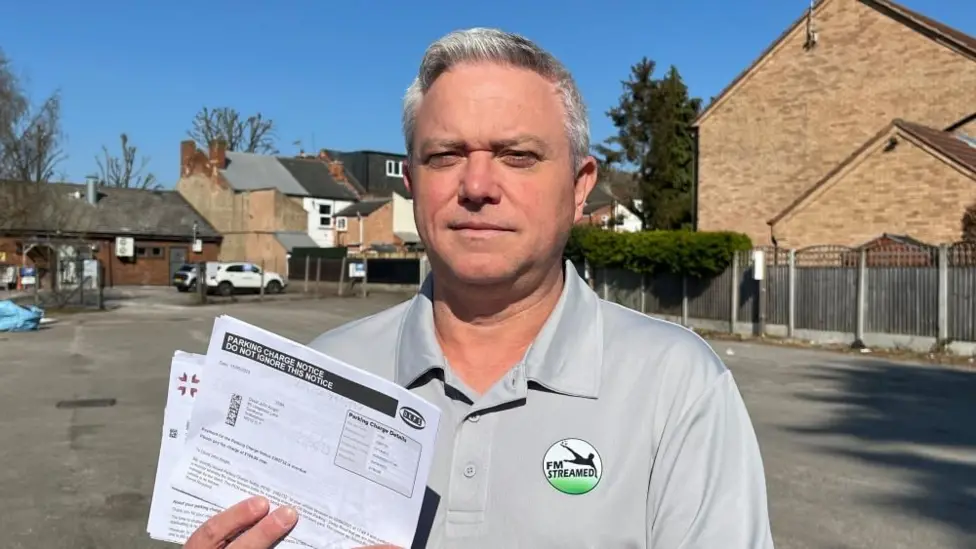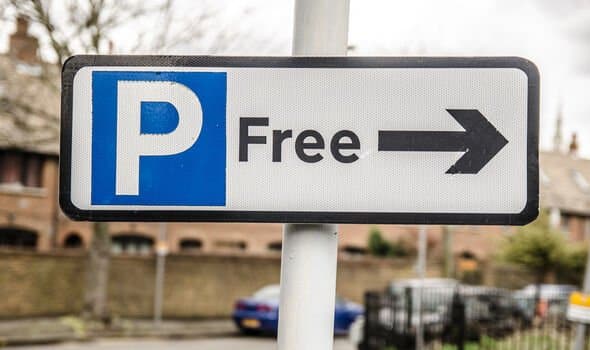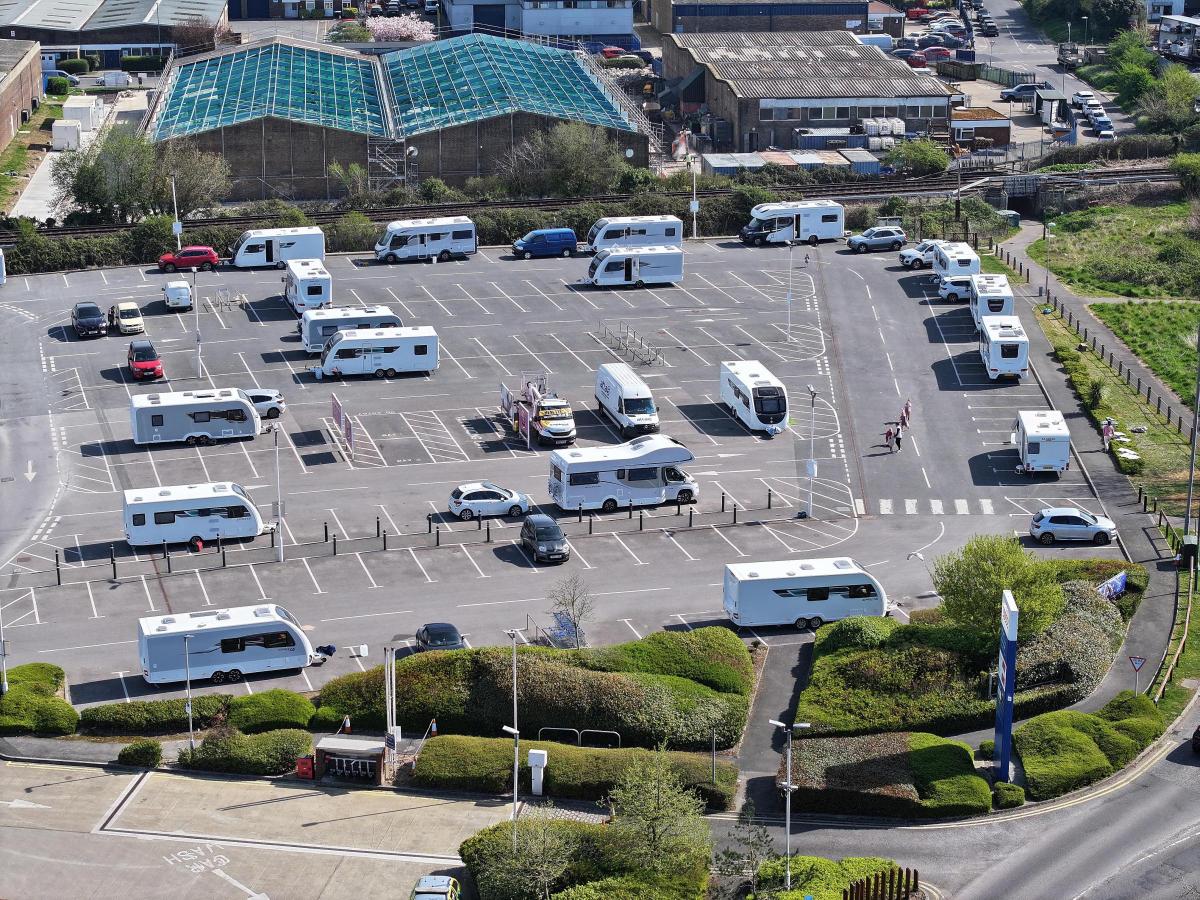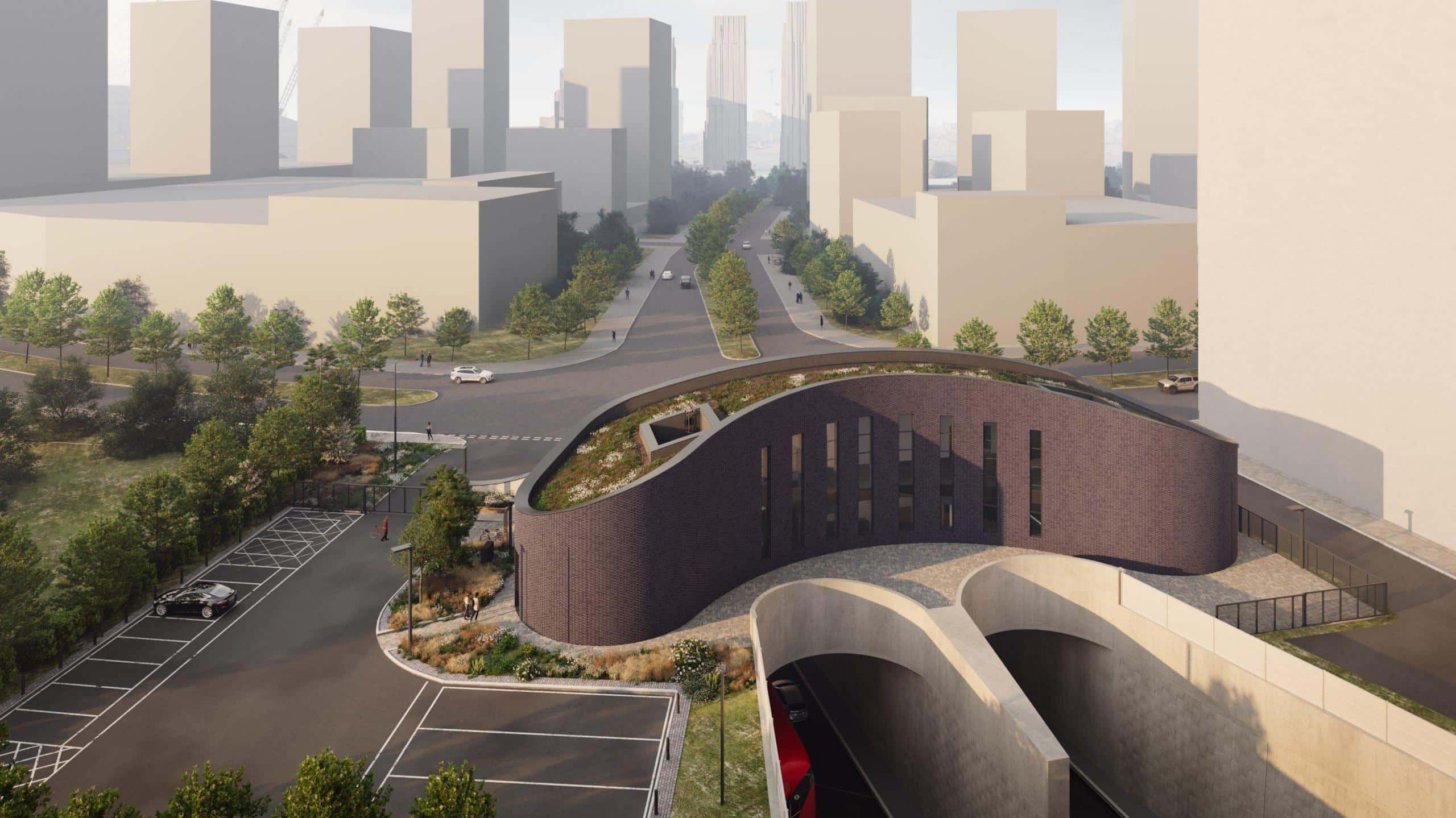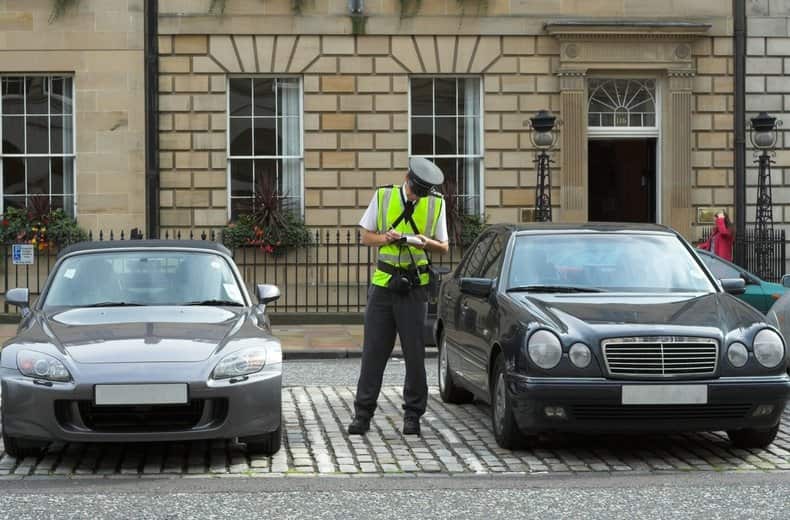More Than a Million Oversized Cars Sold Each Year in the UK, Struggling to Fit in Normal Parking Bays

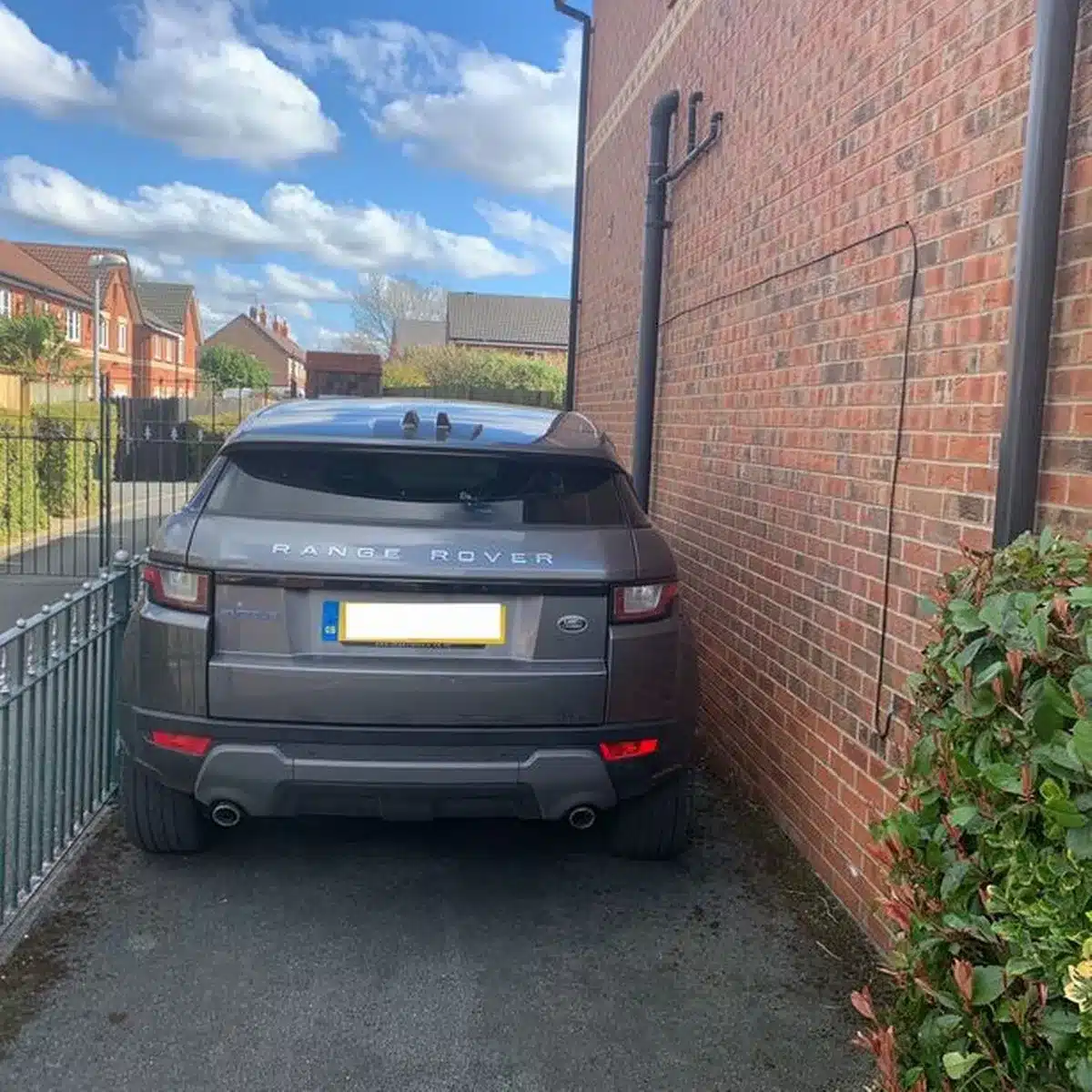
UK Car Parks Struggling to Keep Up as Oversized SUVs Surge in Popularity
More than one million vehicles too large to fit in standard UK parking spaces are being sold each year, raising serious concerns about public safety, urban infrastructure, and environmental sustainability. According to research by the Clean Cities Campaign, over 4.6 million oversized vehicles have been registered in the UK since 2021—most of them significantly exceeding the dimensions of a typical urban parking bay.
This growing preference for larger cars—particularly SUVs (sports utility vehicles)—is having far-reaching consequences for both city planning and road safety. As the dimensions of new vehicles continue to increase, many urban environments are struggling to accommodate them. With standard UK parking spaces measuring roughly 2.4 metres wide by 4.8 metres long, an increasing number of modern SUVs are now spilling over designated lines, leading to traffic congestion, higher accident risks, and a loss of public space.
The Problem with Oversized Vehicles
Larger vehicles, particularly SUVs measuring more than 1.8 metres in width or exceeding 4.8 metres in length, are not just problematic in terms of space. These vehicles are also associated with significantly higher levels of danger in road collisions. Their bulky designs and tall front ends can increase the severity of crashes, especially for vulnerable road users like pedestrians and cyclists.
According to safety experts, in the event of a collision, pedestrians are more likely to be pulled underneath an SUV due to its height, rather than being thrown clear as might happen with smaller vehicles. This drastically increases the risk of fatal injuries. Moreover, heavier vehicles contribute more wear and tear to road surfaces, exacerbating issues like potholes and increasing maintenance costs for local councils.
Air Quality and Environmental Impact
Oversized cars also carry a larger environmental footprint. Heavier vehicles typically produce more CO₂ emissions and toxic pollutants, even when hybrid or electric. While the shift towards electric vehicles (EVs) is commendable, many of the largest models still require more energy to operate and manufacture due to their size and weight.
The Clean Cities Campaign has raised serious concerns about this growing trend. Oliver Lord, UK Head of the organisation, remarked:
“Cars are getting bigger every year—while our streets are not. We need carmakers to prioritise normal-sized cars that can be parked more easily and are less dangerous to people walking around. It’s only fair that if you want to buy a massive SUV, you should expect to pay more for the space it takes up.”
Cities Taking Action
Some European cities are already responding to the SUV surge. Paris has implemented a progressive parking tariff system where SUV drivers are charged up to three times more than drivers of standard-sized vehicles. The initiative aims to reduce the number of large cars in dense urban areas and free up space for pedestrians, cyclists, and public transport.
In the UK, local authorities are beginning to follow suit. Islington and Bath councils have introduced scaled parking charges based on vehicle size and emissions. London Mayor Sadiq Khan has also expressed interest in adopting similar strategies to help manage the capital's limited street space and reduce emissions.
Green Party peer Baroness Jenny Jones recently launched a cross-party initiative in the House of Lords to address the rapid growth of SUVs on British roads. She commented:
“Sales of SUVs have leapt up in the last two decades, yet many urban streets and car parking bays are simply too small to accommodate the increasing girth of these vehicles. Paris has led the way with a smart, space-conscious approach—now it's time for more UK councils to act.”
The Human Cost
For everyday motorists and families, the impact is being felt in real and personal ways. Harriet Edwards, a parent from Sutton, shared her experience:
“It’s not just the added stress of not being able to find somewhere to park. It’s the sense that if I’m involved in a collision with one of these giant SUVs, my family is far more likely to be seriously hurt or worse. If you create more danger, more pollution, and take up more space, it’s only fair that you contribute more financially.”
Calls for National Regulation
Advocates are calling for national policies to regulate the size and impact of private vehicles in urban areas. Suggested measures include:
-
Introducing tiered parking charges based on vehicle size
-
Offering tax incentives for compact and environmentally friendly cars
-
Updating building regulations to accommodate modern vehicle sizes
-
Raising public awareness about the environmental and safety risks of large SUVs
While manufacturers continue to market SUVs for their perceived safety, comfort, and status, critics argue that these benefits come at a significant cost to communities and the planet.
The UK’s infrastructure—designed for a different era of motoring—is struggling to keep up with the ever-increasing size of modern vehicles. As SUV sales hit record highs, the pressure on parking, road safety, and environmental sustainability is mounting. Without proactive policy changes and greater public awareness, the situation will likely worsen, making everyday life more difficult for drivers and pedestrians alike.
Posted on 4 April 2025

